Tonight I have been listening to a lone frog who stays by the shallow pond Allen dug years ago. The pond dries up in summer, but in spring it is filled with life. The frog sounds like the teeth of a comb being pulled across the edge of a table.
It's often windy here, so when we experience a still evening, it is special. Tonight I was reading a collection of Charles Simic's early poems. "Evening" spoke to me the most. In "Evening," Simic writes:
The snail gives off stillness.
The weed is blessed.
At the end of a long day
The man finds joy, the water peace.
I love how Simic shows how we connect to earth and therein lies a kind of peace. I also love how he addresses simplicity in the next stanza:
Let all be simple. Let all stand still
Without a final direction.
That which brings you into the world
To take you away at death
Is one and the same;
The shadow long and pointy
Is its church.
This stanza suggests that we cannot control what happens in our lives. We don't know what our "final direction" will be. In our still moments we understand the life-death cycle. Our birth and death come from the same source: when we are still we see that. Life becomes simple. In the last stanza, Simic addresses human knowledge:
At night some understand what the grass says.
The grass knows a word or two.
It is not much. It repeats the same word
Again and again, but not too loudly...
I think of Walt Whitman's poem about grass, how it symbolizes eternity (the beautiful uncut hair of graves). The grass repeats the same word again and again. What is the word? Tonight, I think the word is eternity. Eternity is experienced in the moment of stillness--it is not a feature of a hereafter.
Sing, my little frog. Sing on.



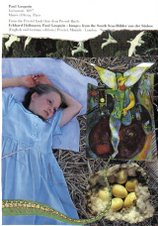


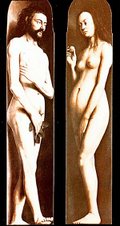

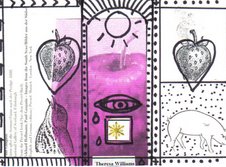
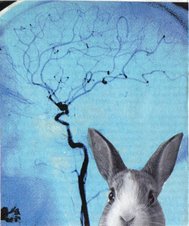
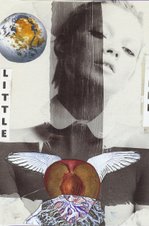
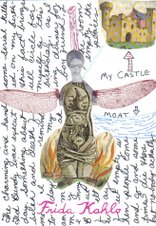
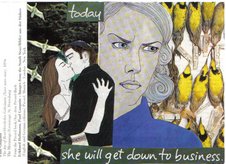

No comments:
Post a Comment